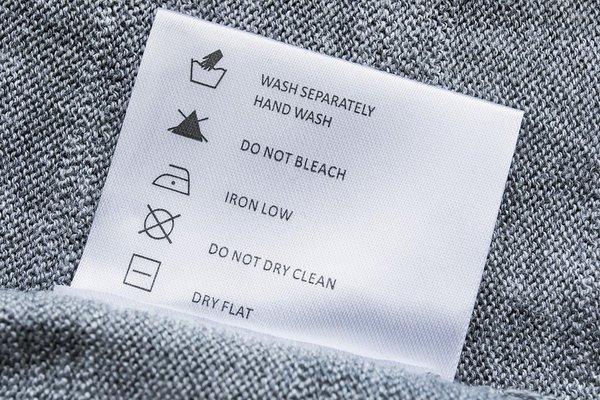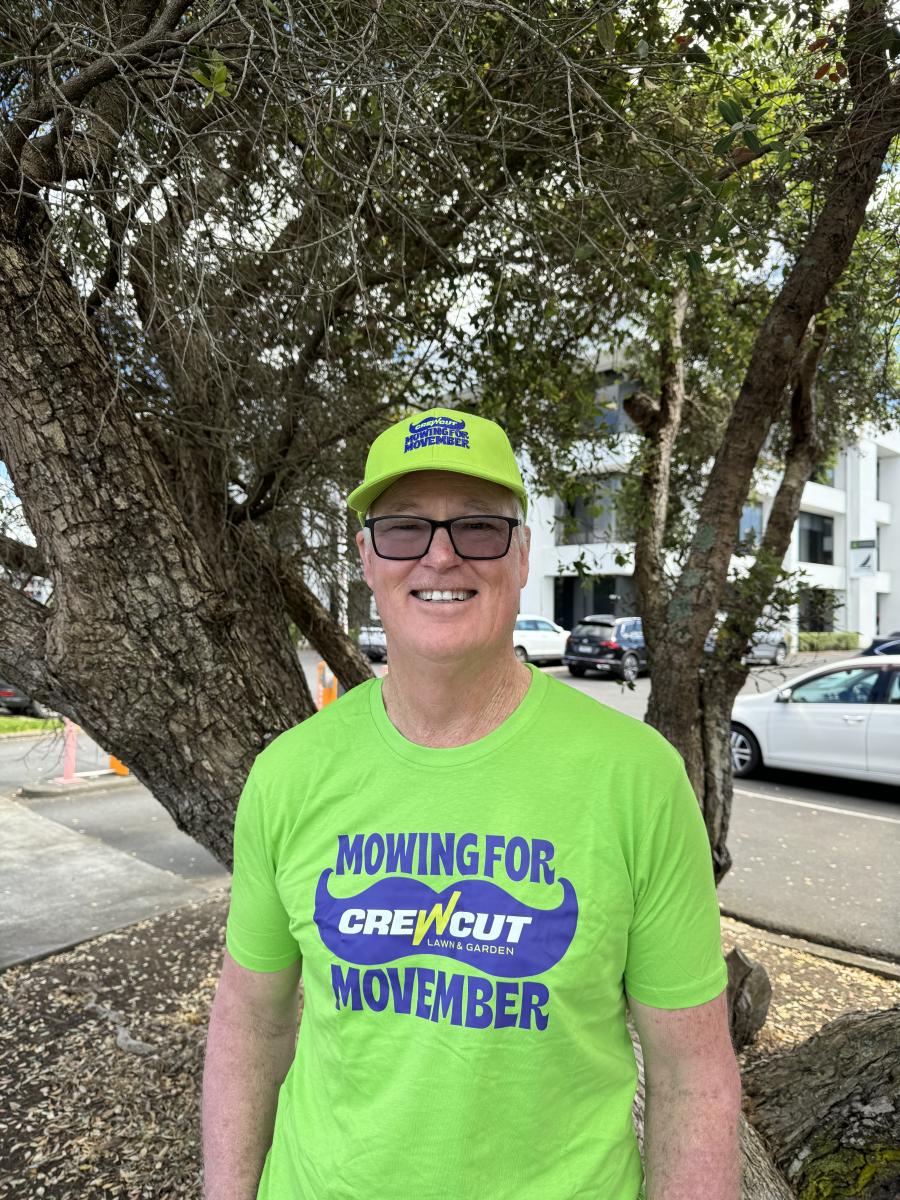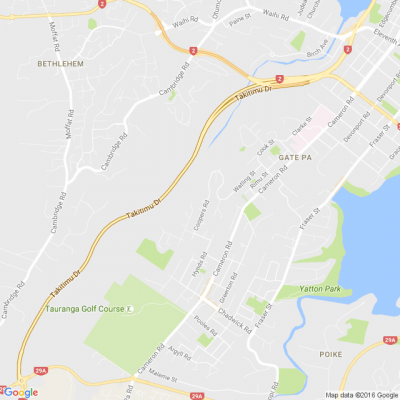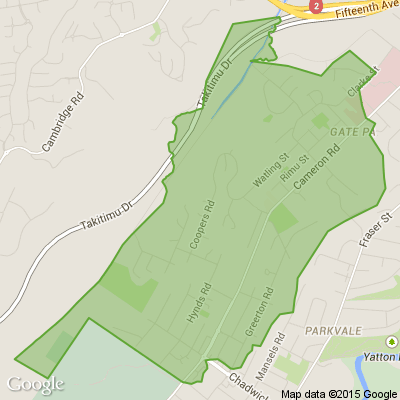Care Labelling
It is mandatory under the Consumer Information Standards (Care Labelling) Regulations 2000 for many new textile goods supplied in New Zealand to comply with specific sections of the Standard AS/NZS 1957:1998 Textiles – Care labelling.
The purpose of the care labelling consumer information standard is to make sure that:
• consumers are aware of the method and cost of caring for textile products when they are buying them
• a cleaner can confidently use the information to take care of the textiles
• the textile’s life is not shortened by inappropriate care information or no information
• the textile is not damaged or destroyed by inappropriate care.
It is illegal to supply textile goods that do not comply with this standard and the regulations.
The regulations set out the types of textile goods covered by the standard and what parts of the standard apply to New Zealand.
The standard sets out the words, terms and symbols to use on a label to show the correct way to care for textile goods, including dry-cleaning and washing.
The regulations are issued under section 27 of the Fair Trading Act 1986.
Who do the regulations apply to?
Any person supplying, offering to supply or advertising the supply of new textiles, that require care labelling information, must comply with the regulations. Any person includes retailers, importers, distributors and manufacturers.
Types of supply include textile goods for sale in a shop, on internet auction sites, at markets or stalls or in craft shops.
What textile items have to be labelled with care information?
The care labelling standard contains more details and requirements, some of which are very technical. You should read both the regulations and the standard to make sure you understand all the labelling requirements.
Keep reading: www.curtainclean.co.nz...

Live Q&A: Garden maintenance with Crewcut
This Wednesday, we're having another Neighbourly Q&A session. This time with John Bracewell from Crewcut.
John Bracewell, former Black Caps coach turned Franchisee Development Manager and currently the face of Crewcut’s #Movember campaign, knows a thing or two about keeping the grass looking sharp—whether it’s on a cricket pitch or in your backyard!
As a seasoned Crewcut franchisee, John is excited to answer your lawn and gardening questions. After years of perfecting the greens on the field, he's ready to share tips on how to knock your garden out of the park. Let's just say he’s as passionate about lush lawns as he is about a good game of cricket!
John is happy to answer questions about lawn mowing, tree/hedge trimming, tidying your garden, ride on mowing, you name it! He'll be online on Wednesday, 27th of November to answer them all.
Share your question below now ⬇️

Poll: Should all neighbours have to contribute to improvements?
An Auckland court has ruled a woman doesn’t have to contribute towards the cost of fixing a driveway she shares with 10 neighbours.
When thinking about fences, driveways or tree felling, for example, do you think all neighbours should have to pay if the improvements directly benefit them?

-
82.7% Yes
-
14.7% No
-
2.6% Other - I'll share below
Riddle Alert! Who’s Up for Some Brain-Busting Fun?
4-letter word, always done tomorrow,
We’re out of tea, the ultimate sorrow!
Without the eye, you owe me some money,
No sugar no nectar no sweetness no honey,
4-letter word, if by chance you choose,
You can never win, you can only lose!
What is the 4-letter word?
Do you think you know the answer to our daily riddle? Don't spoil it for your neighbours! Simply 'Like' this post and we'll post the answer in the comments below at 2pm.
Want to stop seeing riddles in your newsfeed?
Head here and hover on the Following button on the top right of the page (and it will show Unfollow) and then click it. If it is giving you the option to Follow, then you've successfully unfollowed the Riddles page.







 Loading…
Loading…























